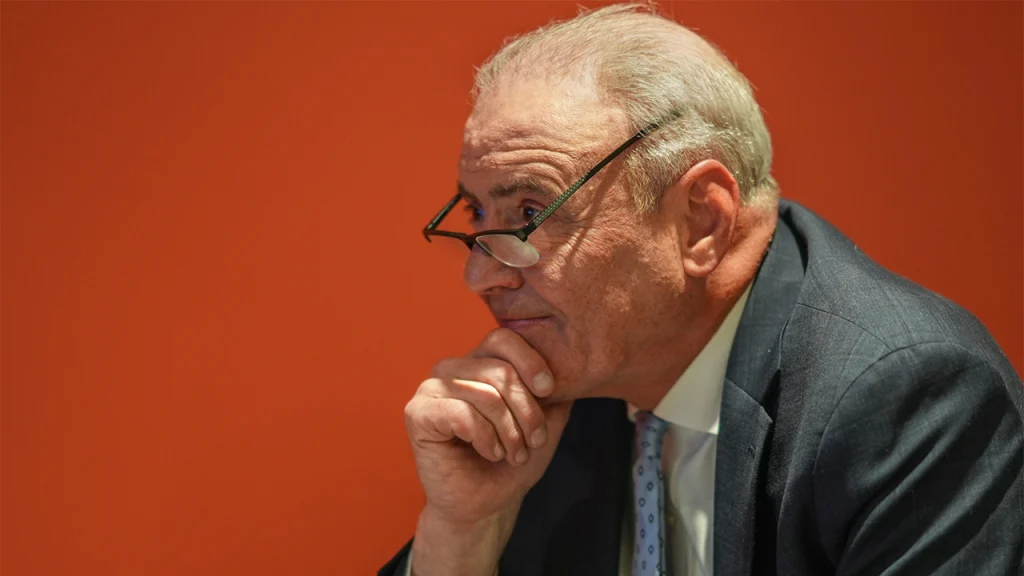NYC Radio CEO Urges Republican Mayoral Candidate to Exit Race
In a surprising turn of events in New York City’s mayoral race, billionaire John Catsimatidis, CEO of WABC Radio and Red Apple Media, has publicly called for Republican candidate Curtis Sliwa to drop out of the contest. Catsimatidis, who once pursued the mayor’s office himself in 2013, expressed concern that Sliwa’s continued candidacy might split the vote in a way that could ultimately benefit opposing candidates. The media executive believes this division could potentially harm the city’s future, suggesting the Republican vote needs to consolidate behind what he termed a “viable alternative” instead.
This development carries particular significance given Sliwa’s long-standing professional relationship with WABC Radio, where he has been a familiar voice to New Yorkers for decades. Currently, Sliwa is on a leave of absence from his radio duties while pursuing his mayoral ambitions, creating an unusual dynamic where his own employer is now publicly requesting he end his campaign. The situation highlights the complex interplay between media ownership, political aspirations, and strategic electoral considerations that often characterize New York City’s vibrant but complicated political landscape.
Catsimatidis is not alone in his assessment of the race dynamics. His call echoes similar sentiments expressed by billionaire investor Bill Ackman, who reportedly warned that without Sliwa’s withdrawal, the preferred outcome for certain stakeholders would be jeopardized. This alignment of influential figures from New York’s business community suggests growing concern among certain power brokers about the direction of the mayoral race and reflects their desire to strategically consolidate votes behind a candidate they view as having better chances of success in the general election.
The situation raises important questions about party unity and strategic voting in municipal elections. In a city where Democratic voters significantly outnumber Republicans, the GOP has historically faced challenges in mayoral races, making vote splitting particularly problematic for conservative candidates. Catsimatidis appears to be making a pragmatic calculation that removing one Republican from the field might strengthen the party’s overall position, though such public calls for a candidate’s withdrawal inevitably create tension within political coalitions and raise questions about who gets to decide which candidates should continue their campaigns.
For Sliwa himself, this represents a difficult crossroads. As the founder of the Guardian Angels safety patrol group, he has built his campaign around addressing crime and public safety concerns in the city. Now, he faces pressure not just from political opponents but from figures within his own ideological circle, including his employer. His response to these calls will likely shape both his political future and potentially influence the broader outcome of the mayoral race, as he weighs personal ambition against strategic considerations about what might be best for his policy priorities in the long run.
As this story continues to develop, it illuminates the behind-the-scenes maneuvering that often shapes electoral outcomes as much as public campaigns do. The intersection of media influence, business interests, and political strategy playing out in this scenario offers a window into how New York City’s power structures operate when important leadership positions are at stake. Whether Sliwa heeds these calls to step aside or chooses to continue his campaign against mounting pressure will be a telling indicator of not only his personal resolve but also the evolving dynamics of power and influence in one of America’s most politically complex cities.


